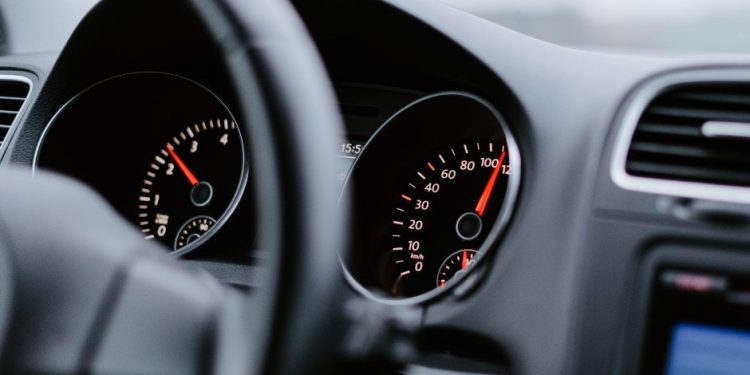Mandatory speed limiters coming to next generation of cars
One of the elephants in the room regarding the push for autonomous driving is whether it will lead to mandatory speed limiters.
We’ve already seen a few brands confirm that they will be bringing in speed limiters in their cars; namely Renault and Volvo. But, the move could become more widespread across Europe.
In 2019 the European Union declared that mandatory speed limiters would be introduced in mid-2022. It was hoped that the move might topple over in the following years (from the car enthusiast community, at least). But, it appears that it’s full steam ahead.
The mandatory speed limiters will use a combination of GPS data and in-car speed limit sign recognition. According to reports, rather than ensuring that no cars can physically exceed speed limits, cars will instead deploy a series of passive actions, like pushing back against your pressure on the accelerator pedal and flashing lights at you.
There’s a few points that are a little worrying here. For starters, some of the sign recognition systems in cars are woeful. Just recently one system paired to a car I was testing was picking up the names of state highways as speed limit signs.
As previously reported, all Renaults from 2022 will have their speed limits capped at 180km/h. According to German outlet Der Spiegel, Renault CEO Luca de Meo told stakeholders during a recent conference that the measure will make roads safer and prevent deaths — citing that excessive speed is the cause of a third of the world’s fatal car crashes.
Volvo, meanwhile, introduced a similar 180km/h cap in 2020. As justification, it claimed that excessive speed is a primary factor involved in vehicle-related injuries and fatalities. Of the move, Håkan Samuelsson, president and chief executive of Volvo Cars, said “while a speed limitation is not a cure-all, it’s worth doing if we can save even one life”.
The NHTSA found that one in four of all traffic fatalities in the US in 2017 was caused by speeding, and that concurs with Volvo’s research. Samuelsson said we need to discuss aspects like speeding, intoxication and distraction, and someone needs to “take leadership in the discussion and be a pioneer.”





